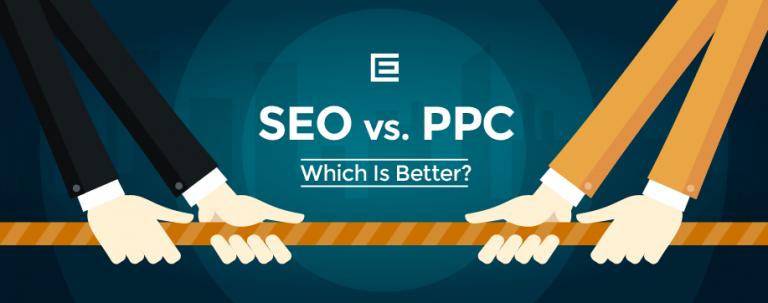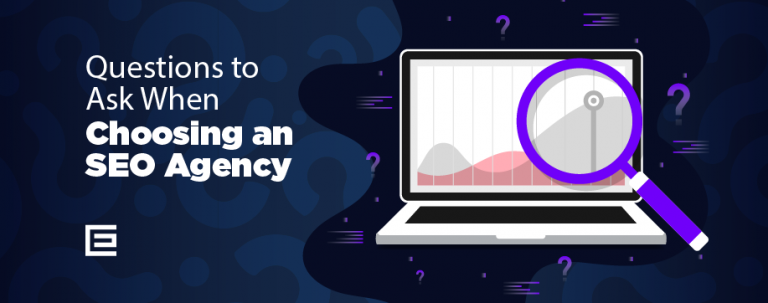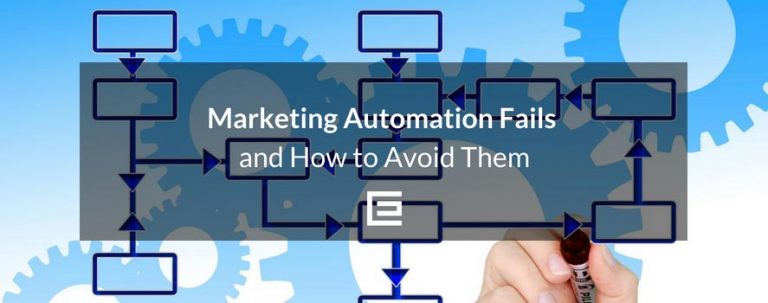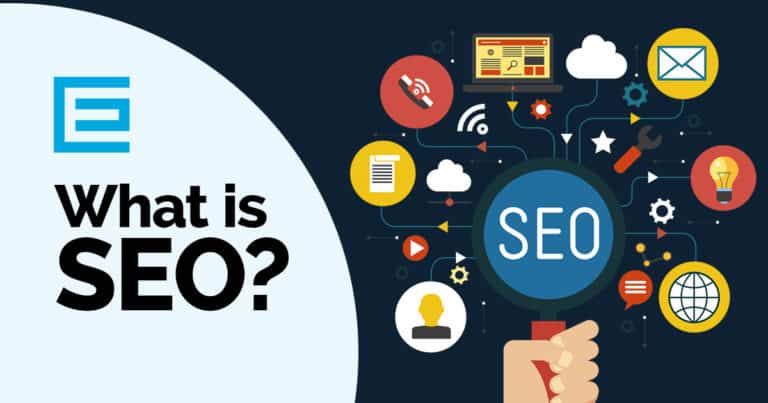Your Website Needs to Attract The Right Visitors
The goal of most business owners is to drive traffic to their websites. However, it’s always better to have fewer but qualified prospects landing on your pages who are interested in the products and/or services that you have to offer. Isn’t it preferred to interact with someone who is ready to buy?
Where to Start Your On-Site Search Engine Optimization Efforts?
You start by researching your online competitors and check out what they do on the net. You should then collect your most important keywords and compare the ones that you found on the competitors’ sites. Pick the ones that you think are the most important and write your text content around these phrases. Be sure you use your keywords a couple of times on each page but do not over do it. Search engines get smarter and smarter every day and they will figure out if you try to manipulate them.You Probably Ask, What Should I Do After Keyword Research and Content Development?
We collected the some of the most important factors that affects your search engine rankings.- Headers: H1, H2, H3
- Meta Titles
- Meta Descriptions
- Search Engine Friendly Page URLs
- Anchor Text and URL Titles
- Image Titles, Alt Text, File Name, and File Size
- XML Site Maps
- SEO Friendly Text Navigation, No Flash or Image Tabs
- 301 Redirects
- Valid HTML & CSS Codes
- Server Response / Load Time
- Robots.txt File
- Etc.
These are a few tips to get you started. However; if you want to learn more about search engines and how to upgrade your current website into an online money making tool, please call 919-341-8901 or request a free site review and consultation by clicking here.
Tags: Digital Marketing • Google • Search Engine Optimization



